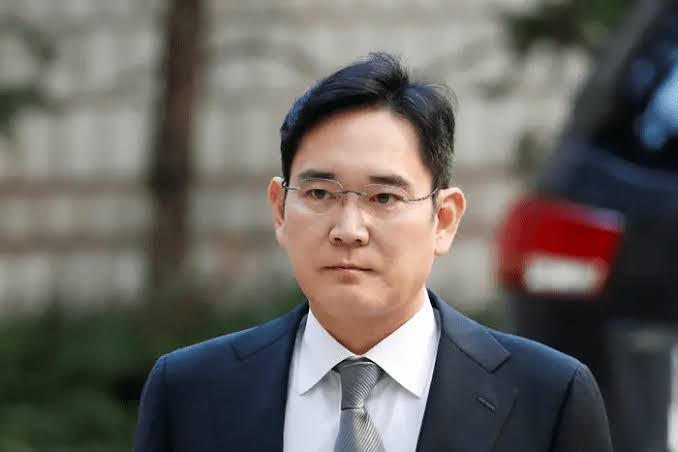South Korean prosecutors are seeking a five-year prison sentence for Lee Jae-yong, Chairman of Samsung Electronics, according to an appeal filed on Monday.
They were appealing a court ruling that acquitted the chairman of fraud-related charges stemming from contentious merger of two Samsung subsidiaries in 2015.
During Lee’s final hearing at the Seoul High Court, prosecutors also asked for a fine of 500 million won ($356,552).
In their long-running investigation, South Korean prosecutors have accused Lee of manipulating the merger to tighten his hold on Samsung Electronics due to the health crisis of his father, Lee Kun-hee.
Read also: Samsung Magic Frame speaker: Fusion of sound, art, and furniture
Allegations and legal proceedings
When two Samsung companies, Cheil Industries and Samsung C&T, merged in 2015, there was a lot of controversy. Lee was charged with stock price manipulation, breach of duty, and financial fraud in September 2020.
The prosecution claims that Lee and other officials used the transaction to inflate Cheil‘s stock value and undervalue Samsung C&T, increasing Lee’s control over the company. They further argue that Samsung Biologics’ deceptive accounting practices manipulated financial accounts to favour the deal.
Prosecutors emphasised that Lee’s actions undermined shareholder interests and violated the Capital Markets Act, stating, “What the defendant has damaged is the constitutional value that forms the foundation of economic justice and the capital market.”
In response to shareholder criticism, Lee and his accomplices allegedly deceived investors by claiming the merger was in the national interest. This behaviour typified South Korea’s chaebols’ corporate misbehaviour.
The term “chaebol” itself means “wealth clan” in Korean, reflecting their dominance in various sectors of the economy
The prosecution has submitted 2,300 pages of additional evidence against Lee and other former Samsung officials.
Read also: What to know about Samsung Galaxy Ring
Implications for corporate governance
Lee and South Korean corporate governance are curious about the outcome of the case. The prosecution argued that a Lee conviction could prevent chaebol misbehaviour by increasing company reorganisation and financial accountability. Lee’s leadership and Samsung’s operational strategy may be affected by the court’s verdict early next year as tech profits fall and competition rises.
If Lee is convicted, his case could shape South Korean corporate governance issues. This may imply the nation’s largest firms will be more transparent.
However, tolerance could allow long-standing chaebol abuses, weakening corporate accountability reforms.
